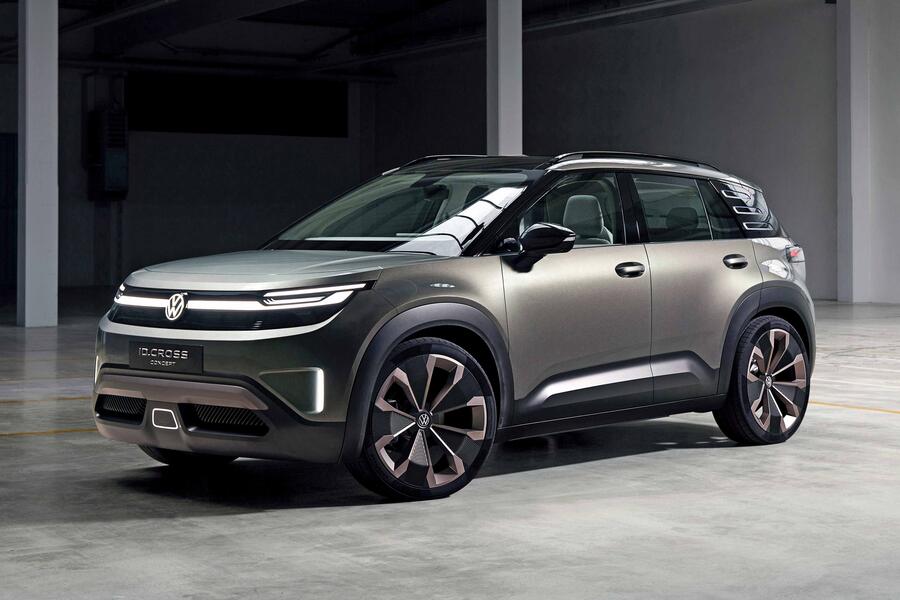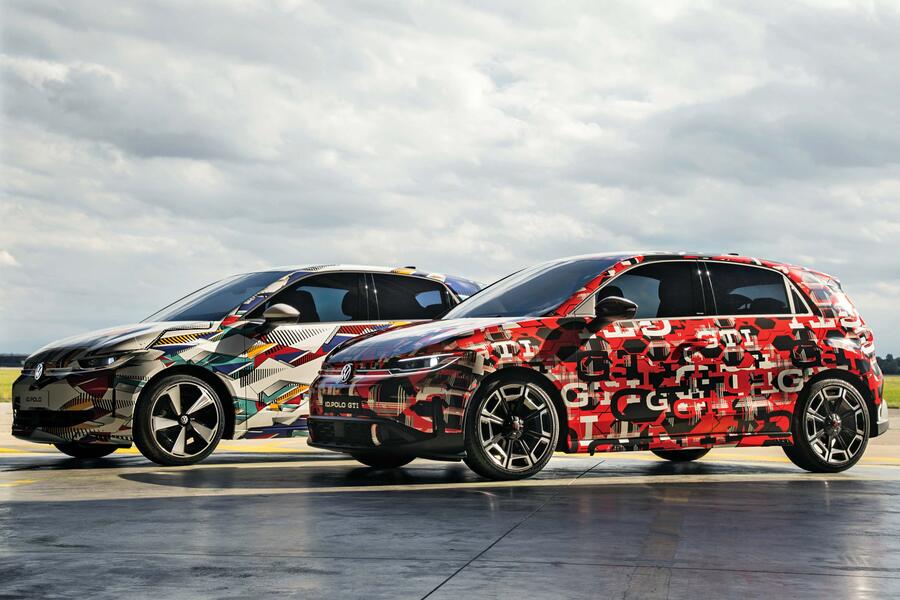It's the most serious challenge long-established European car makers have faced in decades: a seemingly endless number of ambitious Chinese cars flooding the market with increasingly sophisticated cars.
But Volkswagen's technical chief has a secret weapon that he says is key to beating China's advanced hardware and software technology: the popometer. "It's what you feel with your behind," explains Kai Grünitz, when he catches me looking somewhat bemused.
Yes, we're talking bottoms here, and specifically the ability to detect what a car is doing through one. It's that whole 'seat of your pants' thing. And the most advanced software engineers in the world have yet to learn how to program a butt. "Ultimately, making cars is all about people," adds Grünitz. "You have to sit in the seat and feel the vehicle, and you can't do that with a simulation, no matter how advanced it is."
Don't mistake Grünitz's belief in the power of the popometer for a luddite rejection of modern technology, though: as Volkswagen's technical development boss since 2022, the German is the brains behind the manufacturer's next wave of electric vehicles, led by the forthcoming ID Polo and ID Cross. Beyond that, he is working on vehicles that will benefit from an advanced new software architecture from the Volkswagen Group's tie-up with US EV start-up Rivian.

He is also taking on the Chinese at their own game, spearheading efforts to accelerate Volkswagen's development time: the ID Polo and ID Cross were developed in around 36 months. He insists 'China speed' can be achieved without compromising on the fundamentals.
"That's what will differentiate the good brands from the better brands," says Grünitz, adding that knowledge of these fundamentals shaped by not only the popometer but also decades of chassis engineering experience gives Volkswagen an edge over faster Chinese rivals.
Learning how to develop chassis needs "experience, knowledge and time", he says. "You can't think about developing the car in 24 months and then just having two weeks to work on the application [of on-road performance]. That's not enough, and you have to really know what to do. That's really something European car manufacturers and OEMs - not only Volkswagen but also the likes of BMW or Audi or whoever - have as an advantage. We have been doing this for quite a long time.
"I'm not afraid of the Chinese. Why should the Chinese know what a European customer wants better than a European OEM? Why should they know better how you drive in Great Britain?"










Join the debate
Add your comment
Wow! what a way to fill a page, basically the East is sticking it to the West regarding cars , maybe the tide has turned in favour of Chinese car brands trying to get us to buy there cars which as much as they say there not almost like cars from the West there seems to be too many styling cues from lead European brands, whether they're better remains to be seen, Autocar and the like need to start doing old fashioned compar road tests with Chinese cars to see if they're any good ,just because there cheaper shouldn't be the decision maker.